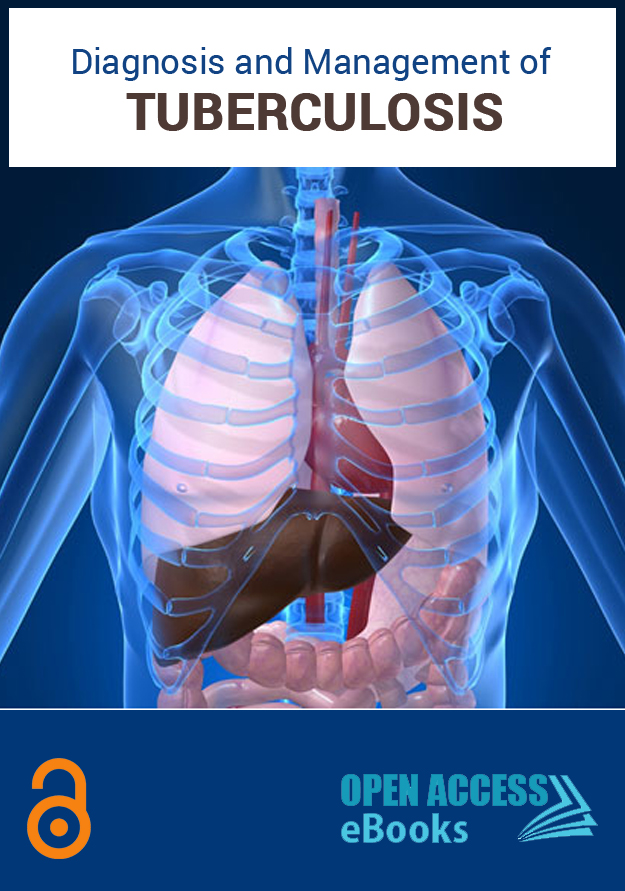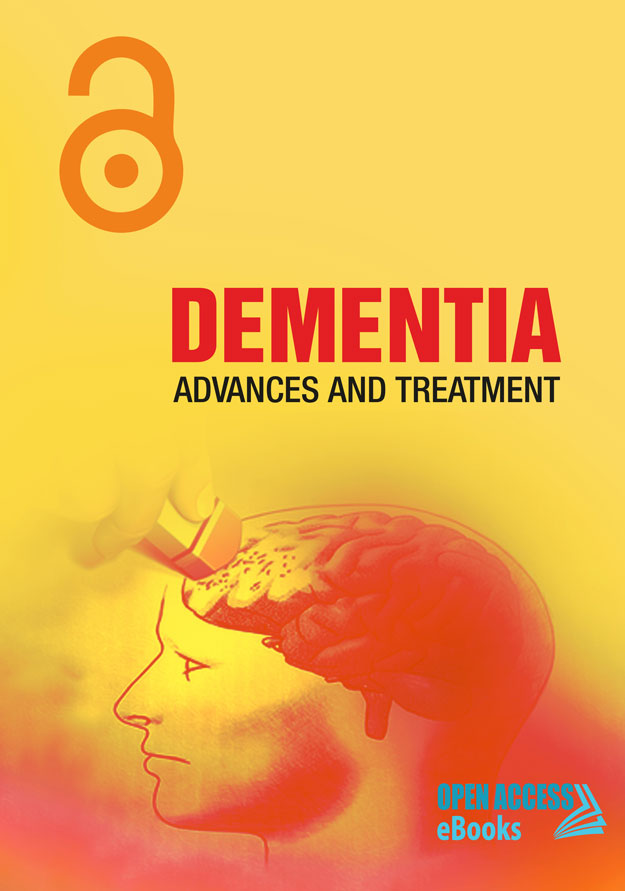
ISBN: 978-93-87500-54-9
Open Access eBooks is inviting researchers working in the areas of Stroke to submit their book chapter for the publication in volume 1 of an eBook Advances in Stroke Research
All book chapters undergo review process and published content is available in PDF & HTML formats.
Benefits of publishing with us:
Universal Access: eBooks published in Open Access eBooks gain international visibility. No region barriers and content is accessed by everyone across the world from our website. We also deposit published eBooks in different databases.
Freely Available: Open Access eBooks follows the principles of Open Access and the content is available to the readers without any cost. Readers can read, share, and store the published ebooks/book chapters.
Copyright with Authors: As an eBook publisher, we serve researchers in publishing their valuable work after the stringent review process. However, copyright lies with authors. We follow the CC-BY-NC-ND license (https://creativecommons.org/licenses/by-nc-nd/3.0/).
Different Formats: We provide eBooks in PDF and HTML formats. Both formats are user friendly and can act as per the user requirements. We put our efforts to provide other formats in future.
For more information, contact info@openaccessebooks.com
Published Chapters:
Recent Advances in Stroke Genetics
Author(s): Pradeep Kumar, PhD; Vishnu Swarup, PhD; Deepika Gupta, PhD; Himanshu Narayan Singh, PhD*; Achal Kumar Srivastava, MD, DM*
Stroke is a complex, polygenic, and multi-factorial neurological disorder caused by a combination of environmental, vascular and genetic factors [1]. Despite new developments in the treatment and prevention, stroke accounts for the primary cause of adult disability, the second leading cause of dementia and the third leading cause of mortality in most of the developed countries [2], [3]. In the last four decades, while it has been estimated a 42% decrease in stroke incidence in high-income countries, there is more than 100% increase in stroke incidence in low to middle income countries [4]. The National Commission on Macroeconomics and Health has projected that cases of stroke would increase from 1,081,480 in 2000 to 1,667,372 in 2015. According to WHO 80% of stroke cases in the world would occur in lower and middle income countries, mainly India and China by 2050 [5].
Improved Costs and Clinical Benefits of Mechanical Thrombectomy in Acute Ischaemic Stroke: Data from the Largest UK Thrombectomy Centre
Author(s): Sanjeev Nayak*
Objectives: We describe improved clinical outcomes by treating patients with acute large vessel occlusive stroke using mechanical thrombectomy and calculate the cost savings within our Hospital Trust and the community.
Methods: We retrospectively analysed 275 patients with acute ischemic large vessel occlusion treated with mechanical thrombectomy at our institution between January 2010 and March 2016. Our results are compared to the SITS registry of 14,145 patients treated with IV t-PA alone.
Distal Access Catheter Techniques for Large Vessel Occlusion Stroke Thrombectomy
Author(s): Sanjeev Nayak*
Endovascular mechanical thrombectomy (MT) is effective for acute ischemic strokes caused by large vessel occlusion (LVO). The repertoire of MT techniques employed in the treatment of hyperacute strokes continues to evolve, driven by deployment of new devices and improvisation of existing technology, to overcome specific case challenges faced by interventional neuroradiologists. In this review, we describe our initial experience with the ArcTM Intracranial Support Catheter, deployed with and without the SolitaireTM stent retriever device, for MT in 48 patients with LVO, with data from three University hospitals performed between June 2016 and May 2018


